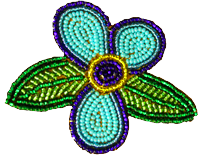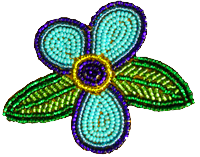- Home
- Kudz Ze Kayah Mine
- About Us
- Projects & Programs
- Reclaiming Kaska Dignity
- Recording Kaska Conversations
- Youth For Safety and Justice
- Youth Report - Ten Year Plan
- Hearing Our Voices
- Bridging The Gap
- Policing Review
- LAWS Communication Protocol
- Breaking the Silence on Family Violence
- Yukon First Nations Healing and Wellness Centre
- Together for Justice
- Indian Residential School Support Program
- Comprehensive Kaska Treatment Strategy
- Aboriginal Healing Foundation
- Therapeutic Behavior Mentoring Program
- Spiritual Energy Healing
- FireSmart Program
- Kaska Language Immersion Program
- Media Campaign Against Violence
- RCMP Culture Camp 2016
- Workshops Sponsored by the Anglican Church
- National Inquiry into the Murdered and Missing Indigenous Women and Girls
- Women's Advocacy Project
- Following our Peoples Way: Building a Circle of Dignity and Justice
- Youth for Dignity
- Indigenous Women in Leadership Program
- Resources
- Links
- Documents
- Photos & Videos
- 2023 Kaska MMIWG Potlatches
- Kaska Language Camp
- LAWS Advocates Sewing Circle Feb. 2022
- Drum Making Workshop
- Reclaiming Kaska Dignity - Miles Canyon Photo Shoot
- Red Shawl Making Workshop
- Regalia and Grad Celebration - 2016
- Building a Circle of Response Workshop
- Unmasking Kaska Artist Workshops
- Youth Ten Year Plan
- Youth Retreat 2005
- Sewing Circle
- Hear Our Voices
- Kaska Language and Crafts
- Hide Tanning
- Traditional Healing
- Together For Justice
- Carving Workshop
- Traditional Parenting Workshop
- Vest Making 2012
- Together For Justice - Final Celebration
- Safety Protocol - Watson Lake
- Youth for Safety & Justice
- Grad Regalia 2018 Video
- Birch Bark Basket Workshop
- Youth for Dignity Vigil (Dec., 2019)
- 2018 Grad Celebration
- 2018 Grad Regalia
- 2017 - 2018 Youth for Safety
- 2017 Grad Celebration
- Outstanding Indigenous Leadership 2017
- 2017 Grade 7 and Grade 12 Community Celebrations
- Mothers of the Land Conference
- Search
 Liard Aboriginal Women's Society
Liard Aboriginal Women's Society 